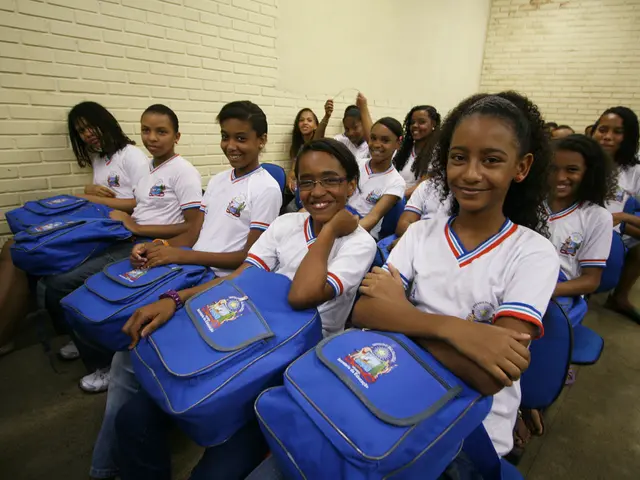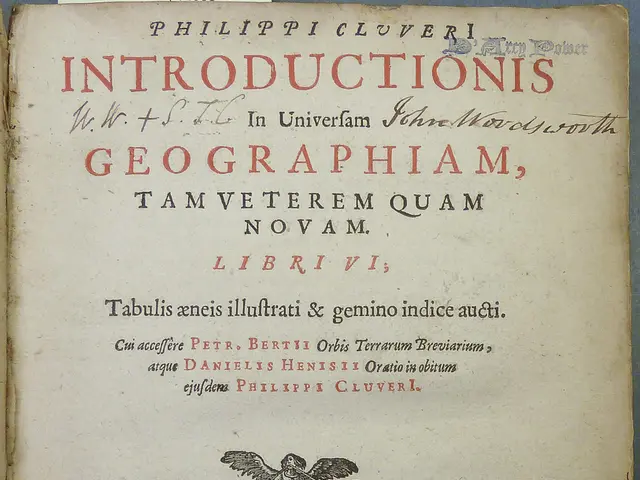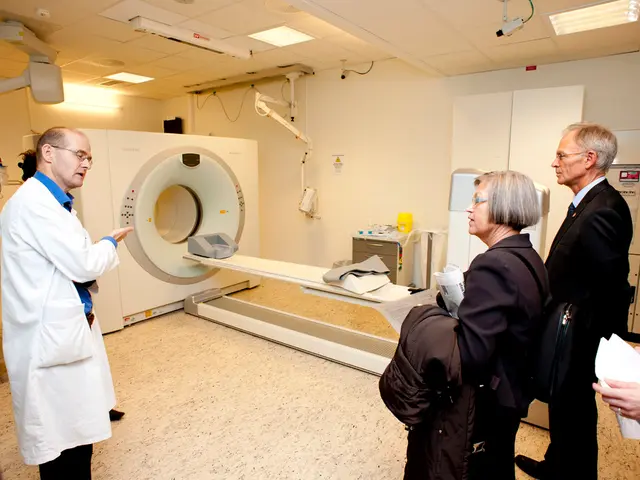Discussing the complexities of Gaza and Israel necessitates a broader scope than just academic freedom.
In the current climate, academic freedom for scholars critical of Israel is facing numerous challenges and institutional pressures that risk censorship and professional retaliation.
Recent events have illustrated a climate where critical scholarship on Israel and Palestine, particularly pro-Palestinian perspectives, faces suppression under the guise of combating antisemitism or protecting certain political narratives.
A Harvard education journal abruptly cancelled a planned special issue on Palestine, which authors and observers framed as academic censorship that threatens broader academic freedom, signalling a warning for critical scholarship in general.
Professor Maura Finkelstein, a Jewish critic of Israel and supporter of Palestinians, was fired from her tenured position after posting a strong pro-Palestinian statement on social media. This case is regarded as an ominous signal that even tenure may no longer protect scholars who dissent from dominant narratives related to Israel, particularly when opposition is framed as antisemitism.
Columbia University revised policies to reject harassment of Jewish students, explicitly linking anti-Zionism to potential antisemitism. While criticism of Israeli government policy remains permissible, concerns persist that such institutional moves chill Israel-related scholarship and foster ideological conformity.
The broader context includes reported arrests of students, cuts to Middle Eastern academic departments, and political pressures including investigations and threatened funding losses tied to universities perceived as too critical of Israel. These developments reflect a "witch hunt" mentality suppressing dissent and academic inquiry on this topic.
What concerned individuals can do to support scholars critical of Israel includes:
- Raising awareness about incidents of academic censorship and retaliation to build public and scholarly support for academic freedom irrespective of political views on Israel and Palestine.
- Advocating for institutional protections of faculty and students’ rights to free inquiry and expression, including tenure safeguards and non-discrimination policies that distinguish legitimate criticism from harassment.
- Supporting organizations and networks dedicated to defending academic freedom, anti-censorship initiatives, and scholarly exchange on contentious geopolitical issues.
- Engaging in dialogue that respects complex identities and perspectives, working against ideologically driven silencing and promoting nuanced understanding within academic communities.
In sum, academic freedom for scholars critical of Israel is increasingly under threat from institutional censorship, policy shifts, and political pressures. Concerted advocacy and institutional reform are needed to uphold open, critical scholarship on Israel-Palestine, and to protect those who engage in it despite prevailing controversies.
Meanwhile, fleeting and partial spaces of Israeli/Palestinian coexistence, ones that defy the ethnonational logics of the Israeli state, run the risk of disappearing entirely. A commitment to protecting free speech alone is not enough. Protecting academic freedom and freedom of expression is crucial, but it does not address the full extent of the problem.
Various organizations and scholars have written statements and letters in support of scholars facing attacks for criticizing the Israeli state. The only threat these scholars pose is to the ability of Israel to act with impunity.
Students at Israeli universities are recorded and surveilled by right-wing organizations and ultranationalist groups. Israel's legislature is considering a bill that could result in the firing of professors who show "support for terrorism," a term often interpreted to include criticisms of the state.
Jacqueline Rose, a humanities professor, argues Israel is locked in a "spiral of destruction" that harms both Palestinian and Israeli people. Anthropologist Ghassan Hage's descriptions of multiethnic and multireligious communities resonate with historical accounts of the region before the state of Israel was created.
These insights, resonating with empirical data from the Praxis research group's work around the world, highlight the importance of continued critical scholarship and advocacy for academic freedom in the complex and sensitive context of Israel/Palestine.
- The suppression of academic freedom in the context of Israel-Palestine extends beyond scholarship to encompass lifestyle, education-and-self-development, general-news, and sports, as the silencing of critical voices extends to various aspects of society.
- In their fight against institutional censorship and political pressures, scholars critical of Israel can seek support from organizations and networks dedicated not only to defending academic freedom but also promoting similar values in these diverse domains.

![[Business Innovation] Upheaval of Corruption in the Marketplace](/en/content/images/size/w640/format/webp/20250918141303_disruptive-innovation-in-fighting.jpeg)


